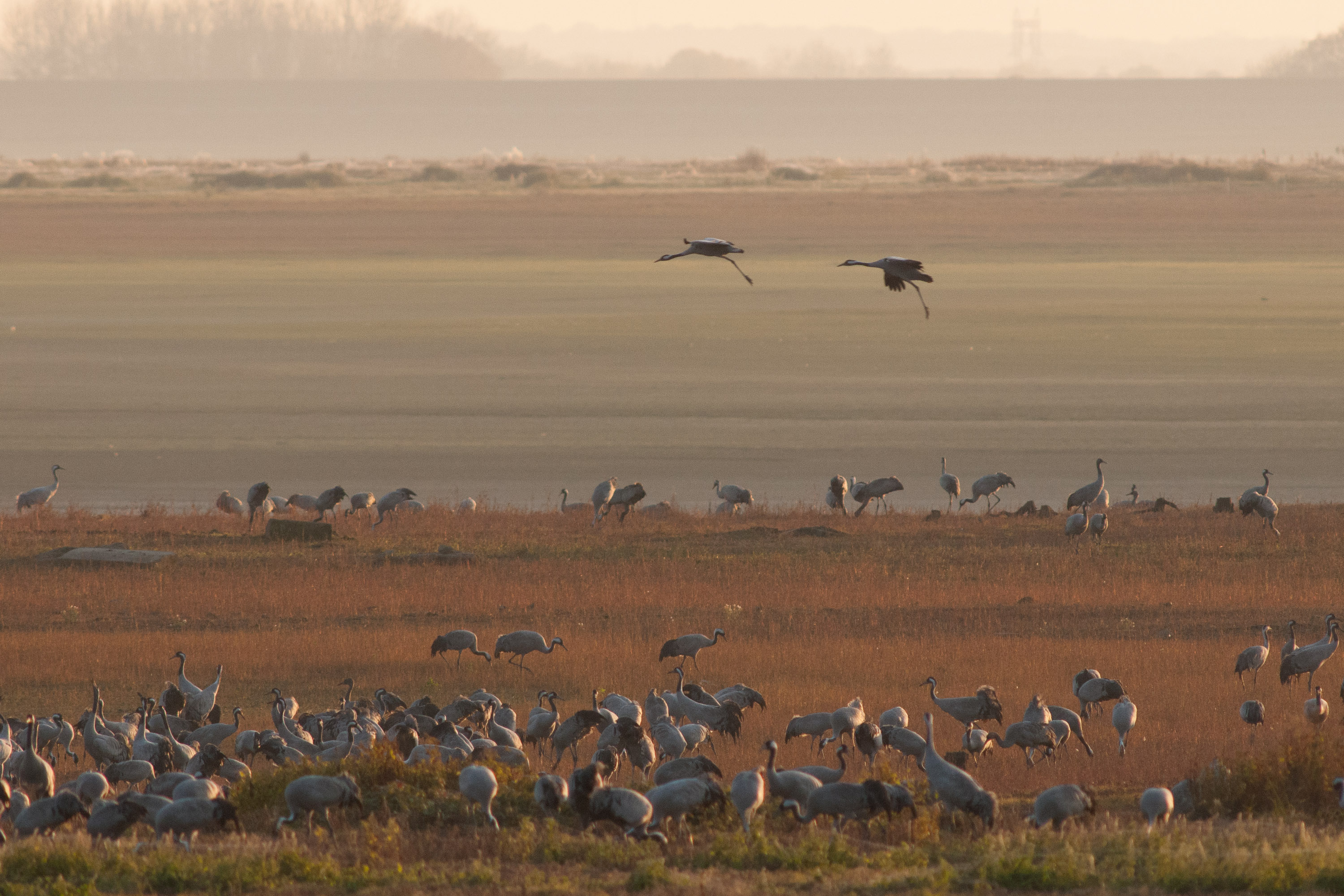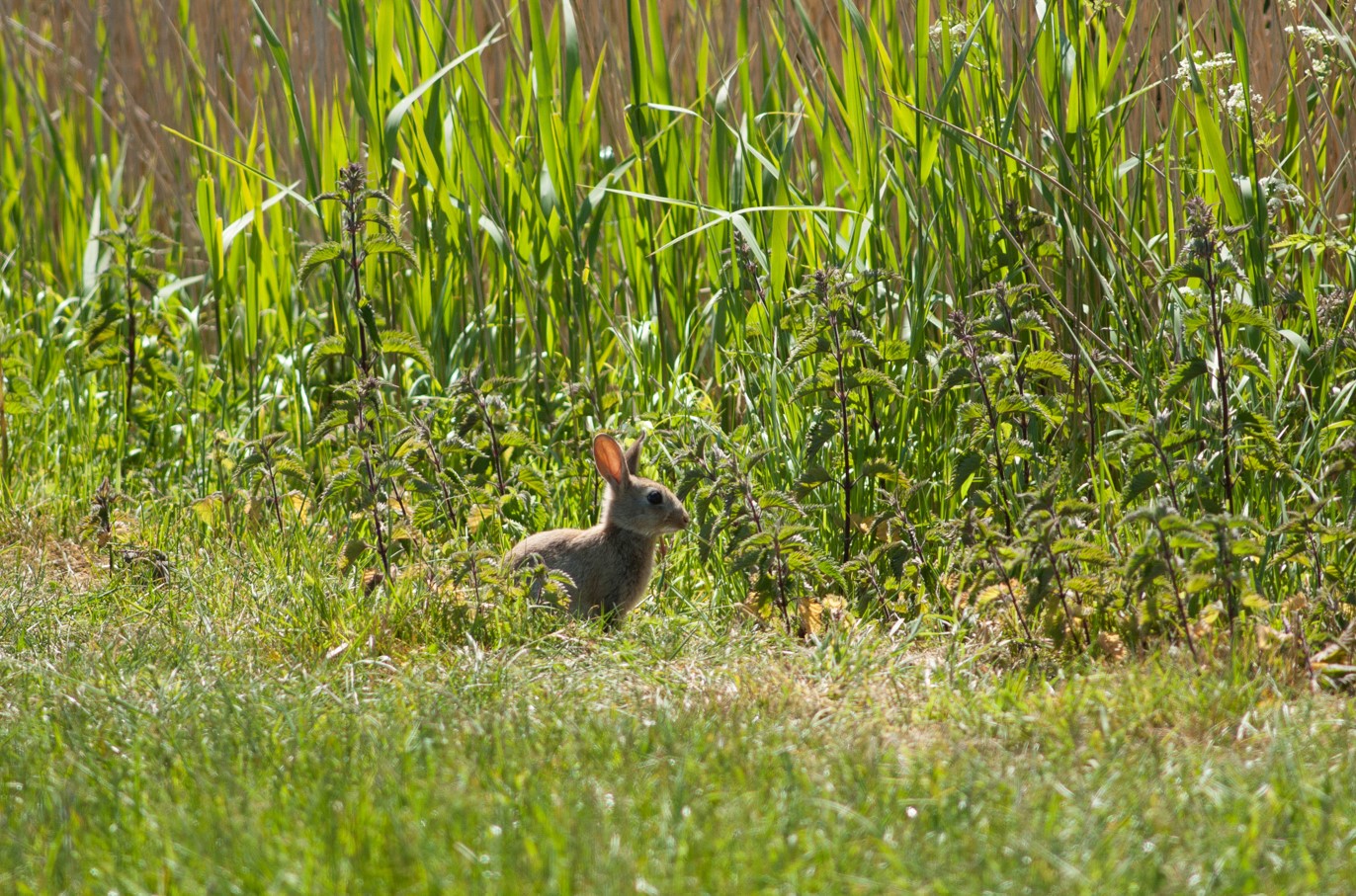Biodiversity loss is a reality that can no longer be denied

In more than 40 years on the field, René-Marie Lafontaine, conservation Biologist at the Institute of Natural Sciences has witnessed the staggering biodiversity loss in Belgium, Europe and worldwide first hand.
Our scientists regularly conduct inventories on the state of biodiversity. They allow us to evaluate the impact of a future agriculture exploitation or forestry project, a wind farm or other infrastructures. They also serve as a base for measures to limit negative impacts or protect the species endangered by the given project. These services are given to organisations that want to start a project that will alter a habitat and to federal, European and international institutions that regulate the practices around biodiversity.

“The realization is striking : the loss of biodiversity has accelerated exponentially since the end of the 1940ies”, says René-Marie. “In Europe, one of the main causes of this decline is the increasing industrialisation of agriculture. The number of birds, insects and worms counted on exploited land has decreased by more than 80% in the last 50 years.”
The most effective measures to curb this biodiversity loss delimit protected areas where respectful practices are implemented for the ecosystems they exploit (e.g. Natura 2000 zones). These measures must be supported - in and outside of the protected areas – by a better financing of agricultural practices that are respectful for the environment.

The conservation of biodiversity is not only ethically and culturally justified as in itself, but is also indispensable to fulfil basic human needs. It plays an essential role in the protection against environmental risks and in the dampening of climate change. “Biodiversity loss is a reality that can no longer be denied. This is why it’s essential to act for its protection as of today. This will only be possible by revolutionizing our habits and, in particularly in our regions, our agricultural and industrial practices.”